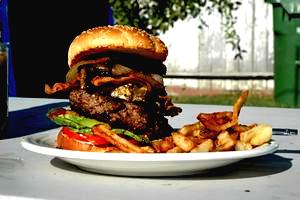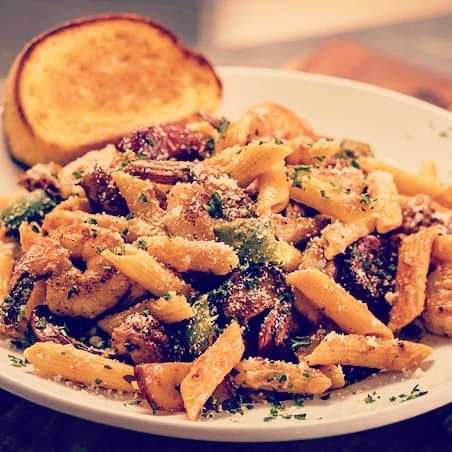I explain why you should mind your own plate as so many people with specific diets have developed terrible food intolerance of others & diet shaming.
Remember:
- a time when everyone could go to dinner in peace and not get a lecture from your relative about the dangers of carbohydrates?
- when you could post a picture of your bacon and eggs and not get blasted by some troll for eating ‘chicken periods’?
- you could send your kids to schools with chocolates without getting a note sent home with them scolding your poor parenting skills?
Since the explosion of digital media, we’ve seen a concurrent explosion of what looks like ‘diet-ism’. My meaning of ‘diet-ism’ is an obsession of morality to a specific way of eating. As a result people develop in an intolerance of other people with “different” diets.
I’ve noted through experience in this field that everyone has their own unique opinion on how to eat. It seems people spend way too much time trying to convince others to eat that way too. If, you follow my blog you know that I don’t discriminate any type of food. I deliver facts on the safety and efficacy of certain restrictive diets. First of all that’s my job and secondly I am against restriction!
I’m against anything that gets in your way of enjoying food.
Unfortunately, for a lot of people, if you are not 100% aligned with their obsessive diets in their heads, you are doing something really really wrong!
How food choices shape our identity and food intolerance?
“You are what you eat”, a quote that comes from Brillat-Savarin’s quote: “tell me what you eat and I’ll tell you what you are.” This means that food is an inherent part of our identity. A lot of us hold onto our cultural identity by cooking and eat traditional foods. But cultural and geographic background is just a small piece of who we are.
Research suggests that people, especially women, tend to choose certain foods to manage other people’s impressions of them. One study even found that women tend to eat less when they worry their femininity is being threatened.
The thought of salads are feminine and steaks are for men is already bad enough. But now suddenly you’re a bad woman if you eat a slice of pizza? Or you’re a bad parent if your child eats a piece of chocolate? LOL! This is exactly the kind of crap that gets so many women suffering from orthorexia and eating disorders.
One study asked university students to rate profiles of people based on their diets. The students were shown pictures of sets of two identical looking people. One was classified as a “good” food eater, and the other as a “bad” food eaters. Apparently the students judged the “good” eater as more attractive, likeable, quiet, practical, methodical and analytical than those who ate “bad” foods. Even though everything else about them was identical!
Diet believes
Depending on whatever food dogma you believe, being bad could mean eating a chocolate bar because it has sugar in it. Or eating a burger because it’s fattening. Or eating a moderate bowl of pasta because of the gluten. We have assigned the moral weight of “bad” to a lot of foods, and that label is then transferred onto us. No one wants to feel like a lazy, stupid, fat, sloppy, BAD person so we avoid any of these “bad” foods like the Bubonic plague. But I want you all to know that we don’t have to be bad. Being jealous is bad. Lying to your partner is bad. Flirting with married men is bad. Eating a piece of chocolate isn’t bad and no one should make you feel like it is.
One theory by Lori Lieberman in her book Drop the Diet: Guided Recipes for Overcoming Your Food Rules, is that people are more likely to pass judgement on other people’s dietary choices when they’re less comfortable with their own way of eating.
As a woman and especially as a dietitian, I feel myself being judged on my food choices every single day. Here’s the thing. We all have our own journey to health and wellness. But when we find what works for us, and we start to feel good- physically and emotionally- we don’t give a shit what anyone else is doing in their diet. Exactly like I do unless I am asked to give a professional advise!







